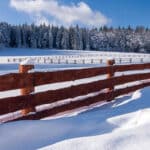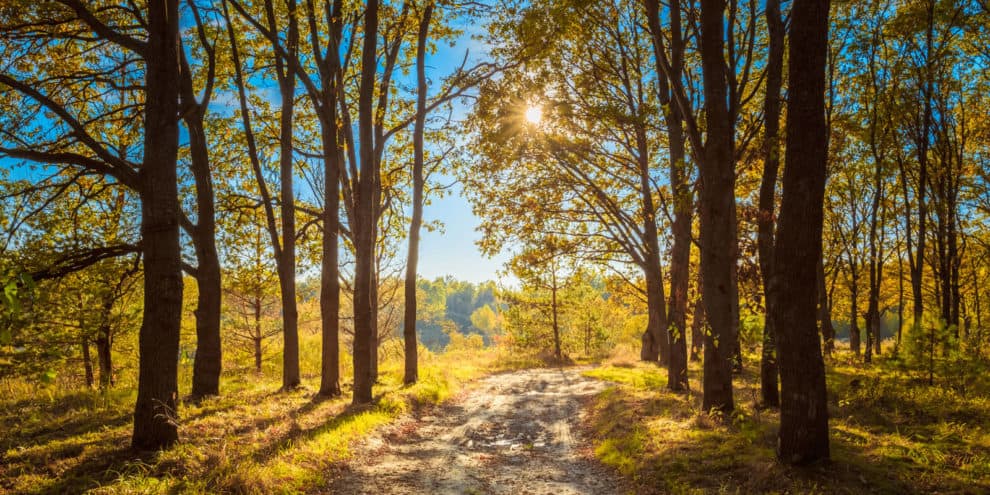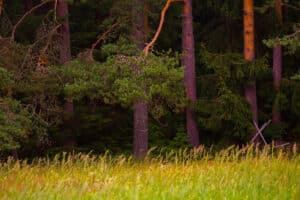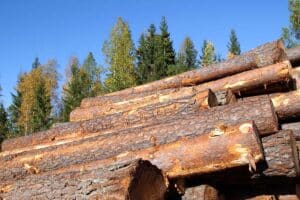If you’ve never bought recreational property – and certainly, many buyers of recreational land for sale are new to this – the process can seem a bit overwhelming. After all, what if you don’t know about how to value timber, how to think about road access, or how to determine whether a tract has quality wildlife?
But by asking some key questions as you get started, the process can be quite easy. With this in mind, here are five questions to answer that will help you organize your thinking:
1. How will you use the property?
Will you use it as a hunting camp? Do you plan to build a cabin? Will you be bringing the kids or grandkids to the property? And if you’re a hunter, what are your expectations for the quality of wildlife either on the property or nearby?
2. Does timber value matter to you?
For some recreational land buyers, selling timber occasionally is a nice bonus to owning a tract. For others, selling timber will be important in generating cash flow that can be put back into the property for improvements like fencing, food plots and selective clearing.
It’s important to work with real estate professionals who understand forestry and can work with experts to get you an idea of the timber potential of a certain property.
3. What will be your plans for the property long-term?
Before you buy, determine your plans for ownership. Will you own the property alone, or will you share ownership with your children? You should plan to go ahead and put the property in your will, so it’s clear who would inherit it.
Make sure everyone in your family is clear about the ownership and how and when the property will be used. This will prevent disagreements, which can make the whole experience unpleasant – and that’s the last thing you want.
4. Do you plan to build on the property someday?
This is a question you should answer now, because it would be frustrating to buy a property and then realize later that it isn’t the best acreage for your retirement cabin.
If you want to build later, it’s important to look at everything from road access, to availability for power, to whether the property has a quality building site. Even if you’re thinking you won’t build for 5 to 10 years, get into these details now so there are no surprises later.
5. What should I look for in a real estate broker to help me?
It’s imperative that you work with a broker who understands recreational real estate, which is very different from selling homes. Look for someone who has a passion for the outdoors, understands how to evaluate the pricing of a rural tract, and will give you great personal service. Also, know that if the real estate professional doesn’t know the area where you are looking, that person may not be the best choice in finding the perfect property for your needs.
Certainly, there’s a lot to think about if you are new to buying recreational property. But with the right help and advice, the process can be relatively painless, giving you a home base to call your own for all your outdoor activities.
Written by Rod Osterloh, of LandRadar.com by Close~Converse in Brainerd, Minnesota, part of the PotlatchDeltic Preferred Broker network.
This content may not be used or reproduced in any manner whatsoever, in part or in whole, without written permission of LANDTHINK. Use of this content without permission is a violation of federal copyright law. The articles, posts, comments, opinions and information provided by LANDTHINK are for informational and research purposes only and DOES NOT substitute or coincide with the advice of an attorney, accountant, real estate broker or any other licensed real estate professional. LANDTHINK strongly advises visitors and readers to seek their own professional guidance and advice related to buying, investing in or selling real estate.










Water and electric should be a priority.